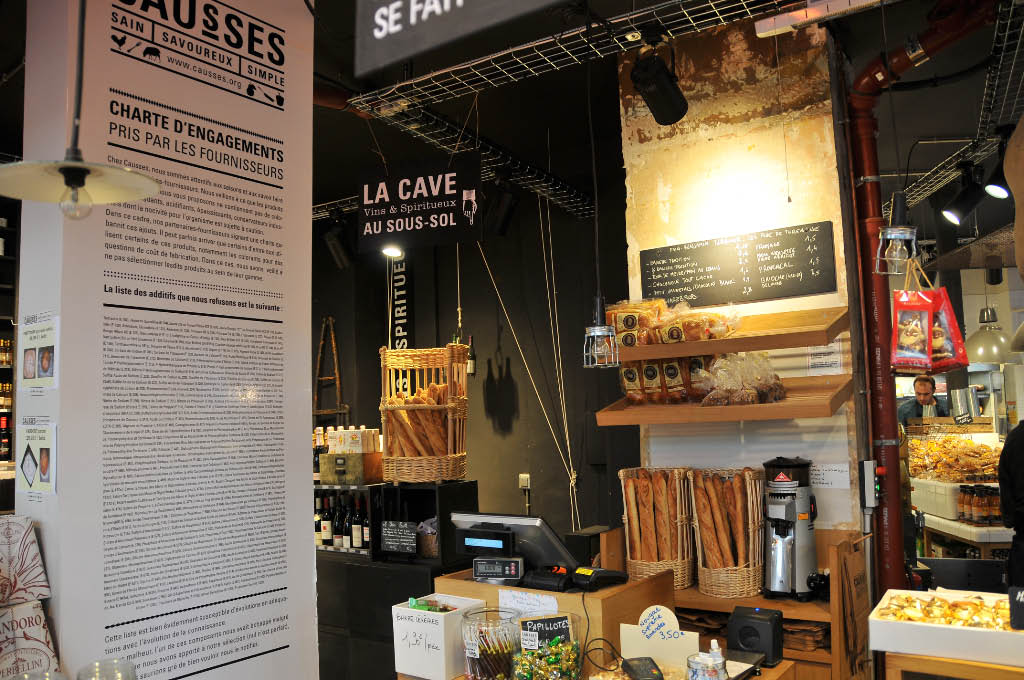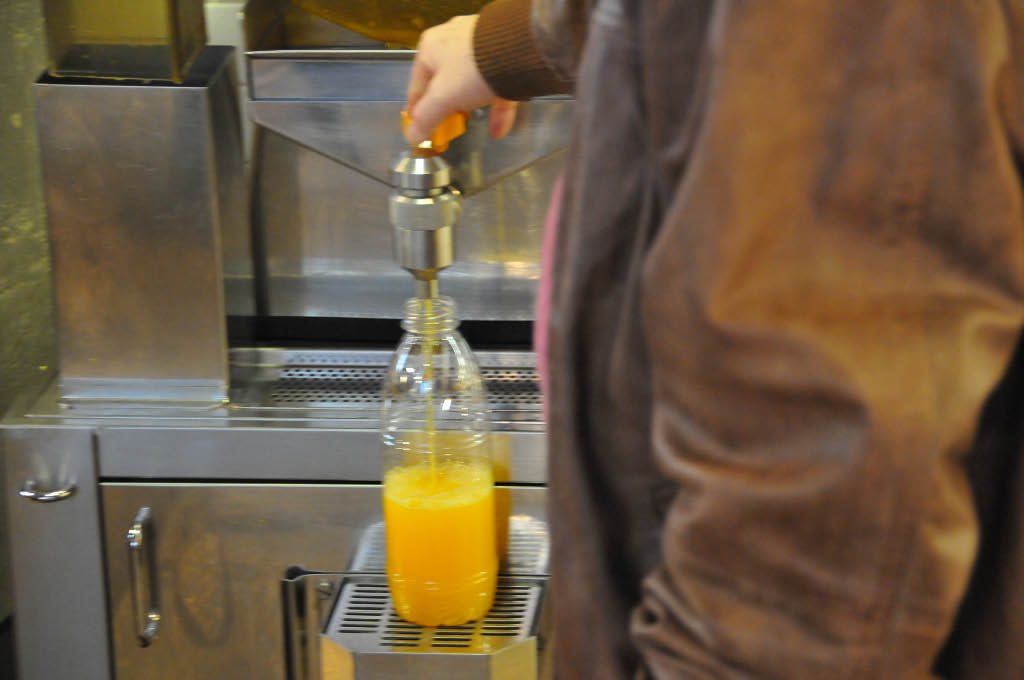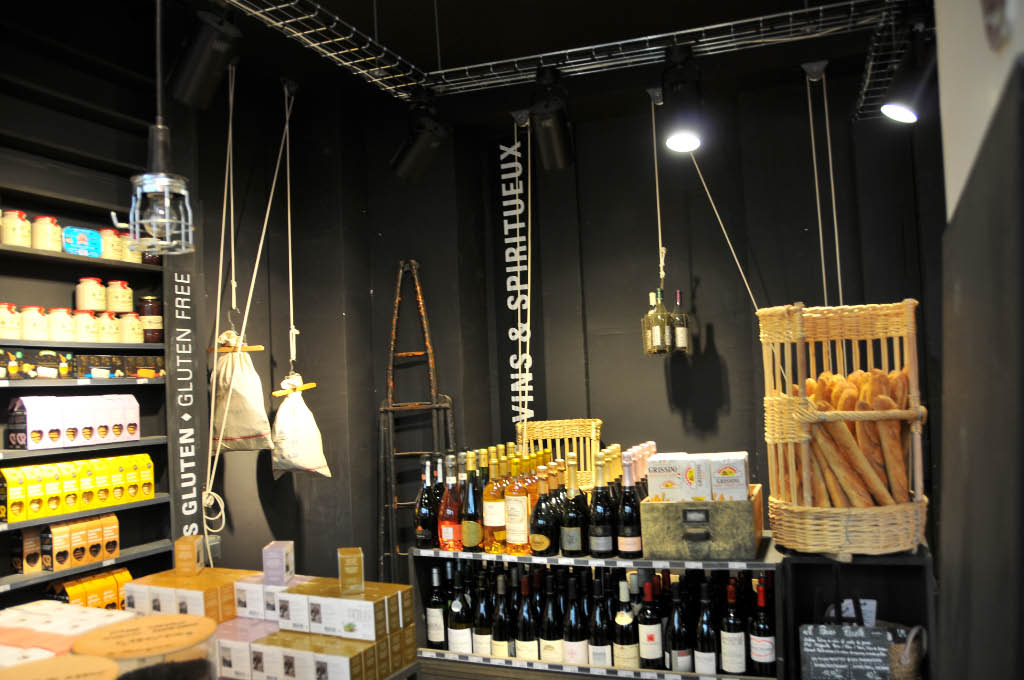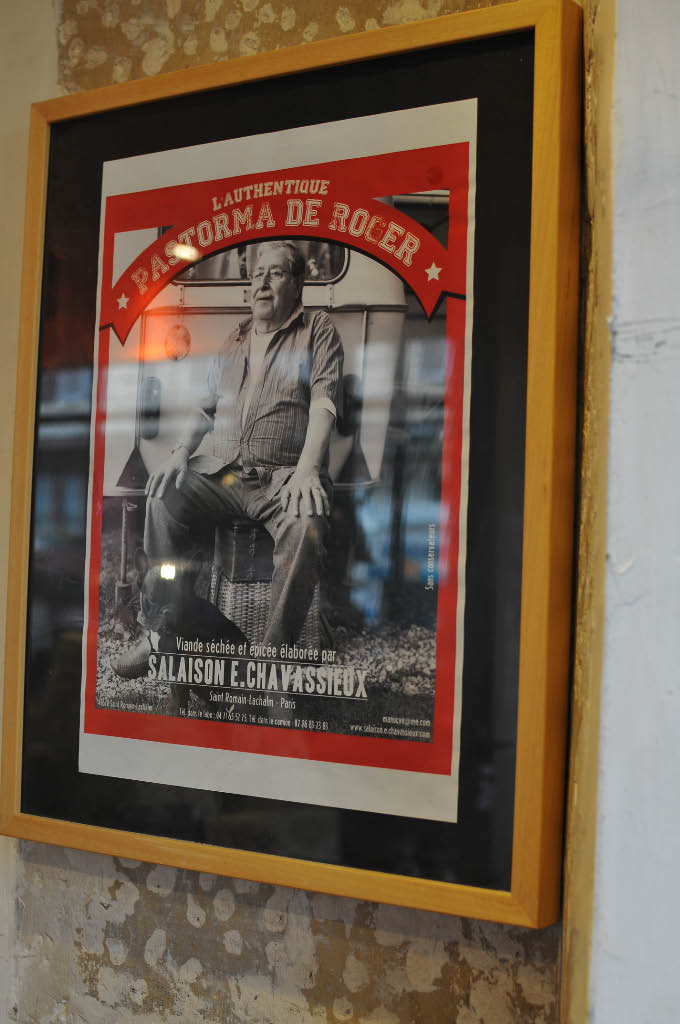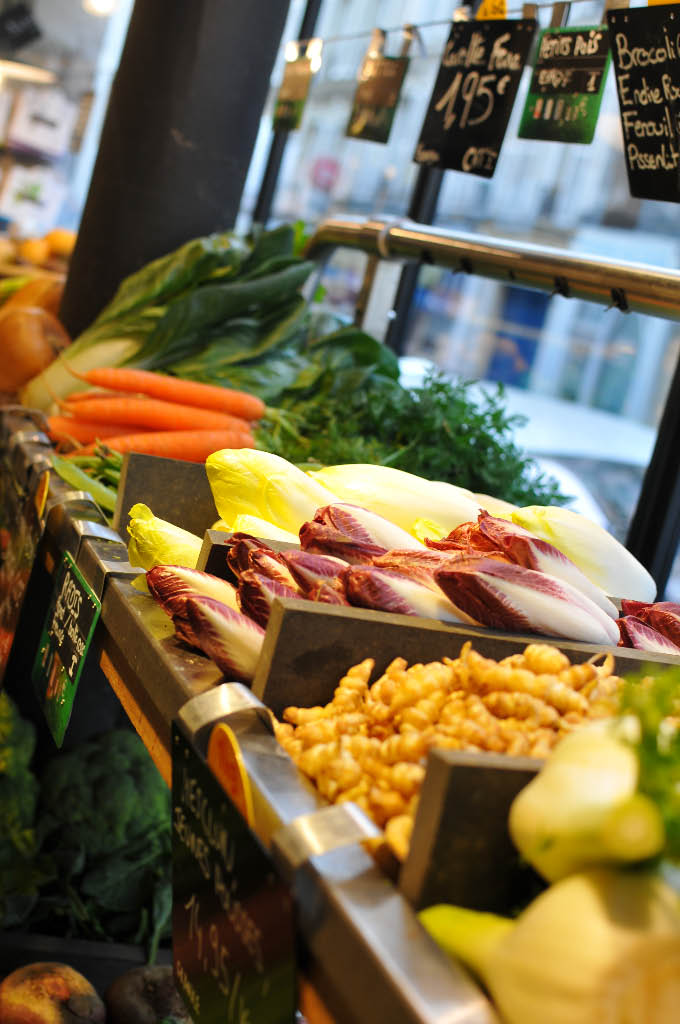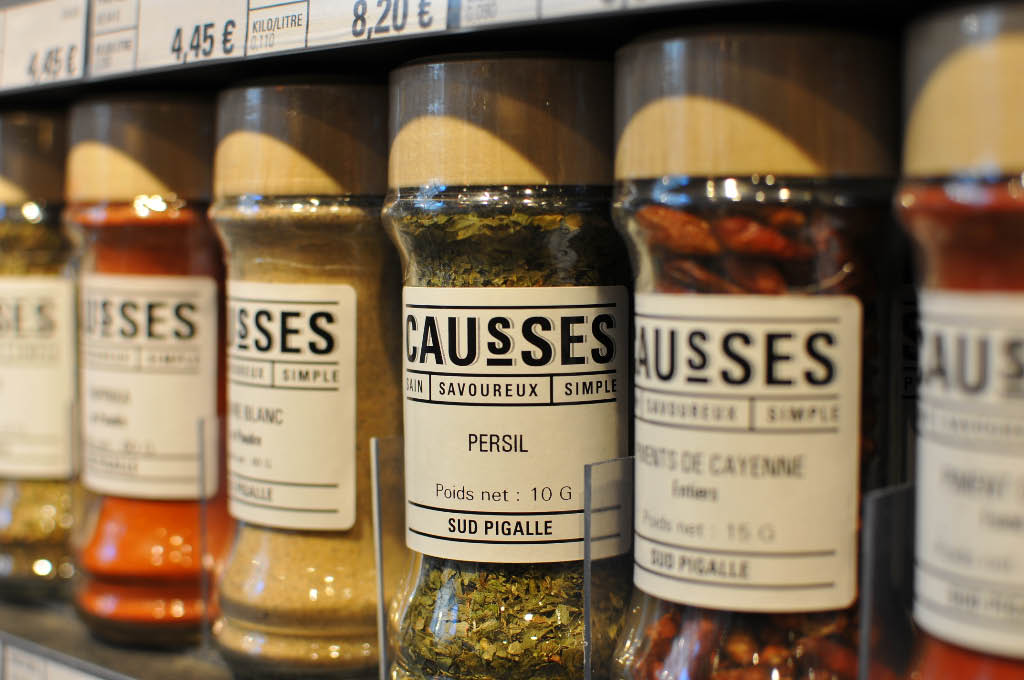Sometimes I feel fortunate. I do a wonderful job, have a lot of wonderful clients, advise a lot of very different businesses. And on top of that I meet inspiring entrepreneurs when going on market research tours.
The story of Alexis Roux de Bezieux
During our last tour in Paris I met with Alexis Roux de Bezieux who launched “Les Causses” a tiny upscale proximity store selling food and drinks. Alexis was kind enough to give me one hour of his time to explain me the genesis of his project.
After having studied law Alexis started working as a consultant at Arthur Andersen. His interest for marketing led him to try to land a job at L’Oreal but, as he admitted, it seemed that the L’Oreal experience is reserved for young graduates and not for experienced people.
Frustration gives often a good kick to creativity and Alexis decided to write a book (prefaced by Eric-Emmanuel Schmitt) about small food and drink shops at the corners of cities’ streets. “L’arabe du coin” is a sociological account of disappearing bonds between inhabitants of the city. As you have certainly noticed, urban density is inversely proportional to social proximity between neighbors. This is not a fate, Alexis states, and his shop aims at recreating those bonds through a interesting value proposition.
The concept
Although one could debate whether his concept is completely new (in my opinion it isn’t as stores like “l’Epicurien” have a pretty similar product mix), what struck me was the spirit of the store.
First of all it doesn’t look too “branded”: this is a neat, cleaned store but there is some “allowed chaos” that reveals unplanned and spontaneous generosity. Yes, it is an upscale store. With an average purchase price of 12€ it remains affordable. This explains why 90% of customers are from the neighborhood (150 meters or less) and use to shop there 5 to 6 times a week.
Second, the store can count on outstanding employees who aim at providing an excellent service. Alexis was inspired by the US service concept (which is an excellent example in Paris where service uses to be very poor). When in the store I could test their friendliness and hear them call clients by their names.
The results
“Les Causses” has succeeded in capturing a local and loyal clientèle. With expected revenues of 1.2m€ (the store has a 80m2 surface and a 20m2 basement which serves also as wine cellar) you can easily see that revenues per sq. meter is above average.
Interestingly I made a parallel between Alexis’ previous experience and how he got successful in an unrelated business. You may remember that we dealt in an earlier post with the factors explaining the success of Guapa and Les Tartes de Françoise. I’ve found here another example of an entrepreneur who learned rigor and acquired crucial skills in an unrelated industry and who eventually applied them successfully to the food and drink sector.
Well done and we’re looking forward to visiting “Les Causses 2”.
Advice #1 for your marketing strategy
Les Causses shows once again the value of service quality for the company. Without high service quality levels you can forget about fostering loyalty and increasing your bottom line. This may sound trivial, even obvious; yet although service quality is a well developed core competency in large firms, SME (which after all represent more than 99% of firms) have most of the time no structured approach towards it.
What about you? Do you measure service quality? Do you actually know what the antecedents of service quality are?
Advice #2 for your market research and your business plan (be it in Brussels, Belgium or elsewhere)
Alexis demonstrates that you can approach pragmatically your market research without spending millions on it. He collected himself data by counting the flows of pedestrians. This kind of data actually adds great value to a business plan. First of all it adds objective value because it will give your banker a sound understanding of whether what you want to reach is realistic or not. Second it adds also a more subjective value because you will have made the effort to measure and observe something which is not necessarily the funniest thing to do. It’s a painful effort and because it’s painful it has value. No Pain No Gain.
Posted in Entrepreneurship, Marketing.
